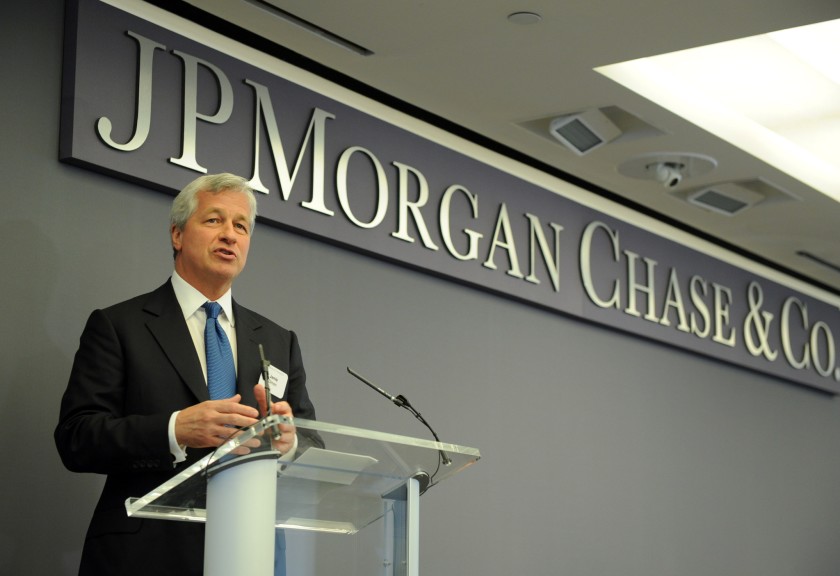
Above, Jamie Dimon
(Diane Bondareff / Invision for JP Morgan Chase)
Link: Long-term negative rates have ‘adverse consequences’ we don’t fully understand, says Jamie Dimon
Date: 21st October 2019
Media: CNBC
What happened?
The article talks about various topics, which, of course, are all intertwined. First and foremost we have to mention that the rate at which the economy is growing is slowing down, this is caused by various geopolitical factors, such as the Brexit deal and the U.S.-China trade war. This, in turn, is the main reason why the interest rates are at an all-time low, reaching, in some places, numbers below zero.
Whom and where does it affect?
As one might imagine, the decrease in interest rates has an effect on every participant in our global economy. For example, when interest rates are low, people tend to spend more because investing in financial products generates next to no returns, they also tend to take out more loans to invest in different business venues since loans become «cheaper». Obviously those living in countries where the rates of interest are close to or below zero will be affected the most.
What sort of public or private institutions are involved?
The following public institutions:
- National Central Banks (NCB)
- European Central Bank (ECB)
- International Monetary Fund (IMF)
The following private institutions:
- Private banks, such as J.P. Morgan Chase
Why is it important for Banking and Finance?
Negative interest rates change the normal way of how banking is done. Having negative interest rates, essentially means that deposits will incur a charge instead of receiving interest. i.e. you will have to pay to have your money in a bank instead of being paid for having said deposit.
What will the consequences be in the foreseeable future?
The consequences will depend on the future development of the interest rates and decision-making of central banks. There are two possible outcomes:
- The continuous drop in interest rates below zero. This outcome would cause a fall in the consumption of financial products, even a cash withdrawal if banks started to charge for having a bank deposit. On the other side, people would be even more tempted to take out loans and invest in businesses.
- The rise in interest rates, resurfacing above zero. This would, probably, end in a massive slowdown of the economy, or even, a recession.
Key words:
ECB, Bank of Japan, negative interest rates, recession, slowdown, European Union, United States, Jamie Dimon
